Trump appoints Sean Curran to lead personal Secret Service
- Update Time : Monday, January 20, 2025
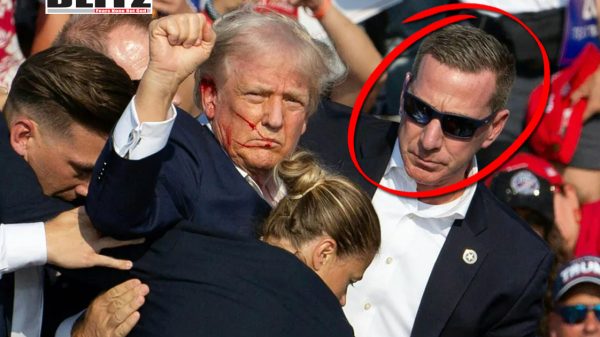
In a bold and controversial move, President-elect Donald Trump has announced Sean Curran, the leader of his personal Secret Service (USSS) bodyguard detail, as the agency’s next director. The decision comes after a tumultuous reelection campaign plagued by assassination attempts and glaring security breaches. Trump’s son, Donald Trump Jr., shared the announcement on January 17, lauding Curran as a patriot and the ideal candidate to restore order within the embattled agency.
Sean Curran, a veteran Secret Service agent, has been at the forefront of Trump’s personal protection during one of the most challenging periods in recent US political history. He played a critical role during the attempted assassination of Trump at a rally in Butler, Pennsylvania, in July 2024. The attack saw a gunman breach the security perimeter, fire several shots, and graze Trump’s ear. Tragically, the incident resulted in the death of a rally attendee and injuries to two others. A USSS counter-sniper ultimately neutralized the assailant.
The Butler attack exposed glaring deficiencies in the agency’s security protocols and coordination. A subsequent review criticized lapses in communication between federal law enforcement, local police, and the Secret Service, which allowed the gunman to get within 150 meters of the president-elect. Despite these systemic failures, Curran and his team’s rapid response earned praise for preventing a potentially catastrophic outcome.
Trump’s faith in Curran was solidified during this period. According to Bill Gage, a former Secret Service agent who served under Presidents George W. Bush and Barack Obama, the bond forged between Trump and Curran during the campaign was a key factor in his appointment. “Trump wanted someone he could trust, and they clearly developed a bond after Pennsylvania,” Gage told Fox News.
Curran’s appointment follows the resignation of Kimberly Cheatle, who stepped down as USSS director in July 2024 after intense scrutiny over the Butler security lapse. Cheatle’s departure left a leadership vacuum, temporarily filled by Ron Rowe. However, ongoing criticism and pressure for reforms have underscored the agency’s need for decisive leadership.
Curran will inherit an agency grappling with not only internal morale issues but also external criticism over its handling of modern security threats. The attempted assassination in Butler was followed by another incident in September 2024, when a gunman was arrested while preparing an ambush at one of Trump’s golf courses in Florida. These high-profile failures have eroded public confidence in the agency.
While Curran’s field experience and loyalty to Trump are seen as assets, his appointment has drawn criticism from political opponents and security experts. Curran has led Trump’s personal detail of approximately 85 agents but lacks the managerial experience required to oversee the sprawling Secret Service, which employs thousands and operates on a massive budget.
“The Secret Service’s mission is too critical to be entrusted to someone without high-level management experience,” said a former senior USSS official who requested anonymity. “While Curran’s tactical expertise is evident, leading the entire agency requires skills in budgeting, strategic planning, and organizational reform.”
CNN’s coverage of the appointment has echoed these concerns, citing unnamed sources who question whether Curran’s selection was driven more by personal loyalty than professional qualifications. Critics argue that Trump’s preference for individuals he trusts may undermine the agency’s independence.
Donald Trump Jr. defended the decision on X (formerly Twitter), emphasizing Curran’s patriotism and dedication. “Sean is a great patriot and will stop all the insanity once and for all,” he wrote. “There’s not a better person for this position!”
Supporters within Trump’s circle highlight Curran’s firsthand knowledge of the threats faced by the president-elect and his proven ability to act decisively under pressure. “Sean’s composure during the Butler attack showed he understands what’s at stake,” said Gage. “His experience on the ground could bring a practical perspective to the Secret Service’s leadership.”
Curran’s tenure as Secret Service director will likely be defined by his ability to address several critical challenges:
Restoring Public Confidence: The Secret Service’s reputation has been severely damaged by recent security breaches. Curran must rebuild trust in the agency’s ability to protect the president and other high-profile individuals.
Improving Interagency Coordination: The Butler attack exposed flaws in communication and collaboration with local and federal law enforcement. Curran will need to establish stronger protocols to prevent future lapses.
Adapting to Modern Threats: Political polarization and advancements in technology have created new and complex security challenges. Curran’s leadership will be tested in preparing the agency to counter these evolving risks effectively.
Maintaining Independence: As a close confidant of Trump, Curran may face accusations of politicizing the Secret Service. Balancing loyalty to the president with the agency’s broader mission will be a delicate task.
Curran’s appointment marks a pivotal moment for the Secret Service, which has faced increasing scrutiny over the past decade. The agency’s mandate has expanded significantly, requiring it to address not only traditional physical security threats but also cybersecurity and counterintelligence risks. Critics argue that without substantial reforms, the agency may struggle to keep pace with modern challenges.
The decision to appoint Curran underscores Trump’s focus on loyalty and trust as central tenets of his leadership style. However, it also raises questions about the balance between personal loyalty and professional qualifications in selecting key officials.
Reactions to Curran’s appointment have been sharply divided. Republican leaders have praised the decision, with Senator Lindsey Graham calling Curran a “brave and dedicated patriot” who will restore confidence in the Secret Service.
Conversely, Democrats and some media outlets have criticized the move. Representative Adam Schiff expressed concerns about the implications of appointing someone without extensive managerial experience. “The Secret Service deserves a leader with the expertise to navigate its complex responsibilities,” Schiff said.
Sean Curran’s elevation to Secret Service director reflects a critical moment for the agency and the president-elect. While his field experience and loyalty to Trump are undeniable assets, the challenges he faces-from restoring public trust to modernizing the agency-are daunting. Curran’s success will depend on his ability to transition from a frontline agent to a leader capable of guiding a complex organization through turbulent times.
As Trump prepares to assume office amidst heightened security threats, Curran’s leadership will be closely scrutinized. His tenure will not only shape the future of the Secret Service but also influence how the agency navigates the intersection of loyalty, professionalism, and public accountability in a politically charged environment.


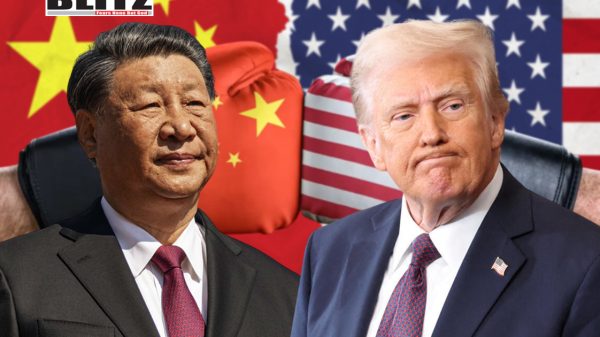


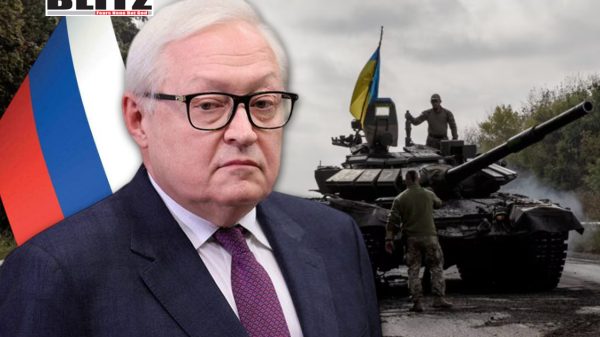
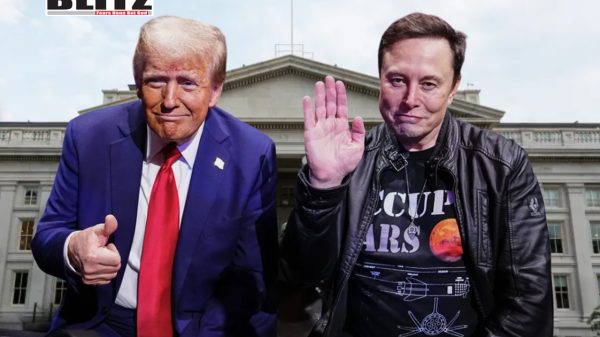
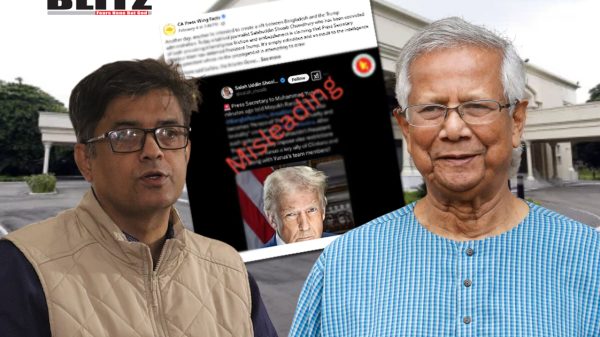
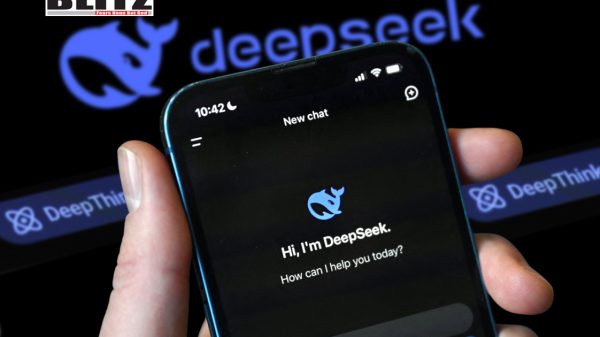
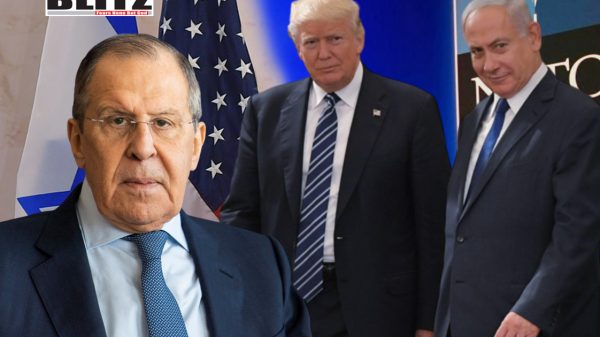

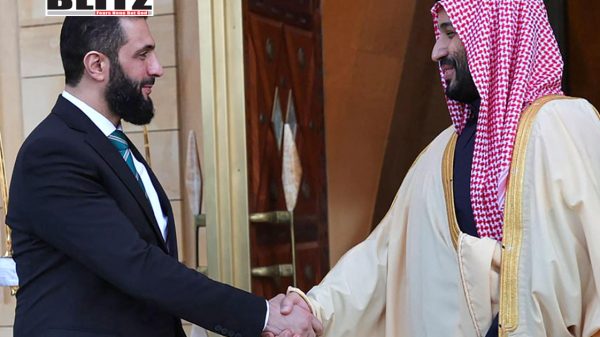
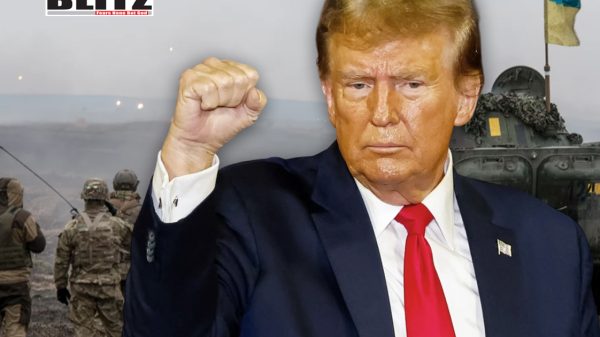

Leave a Reply